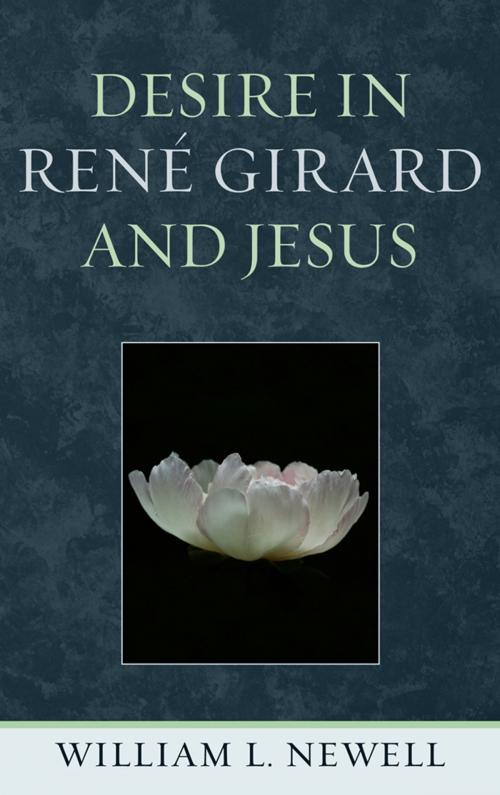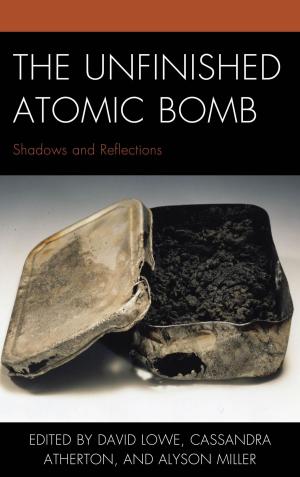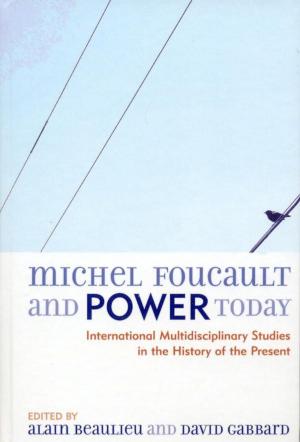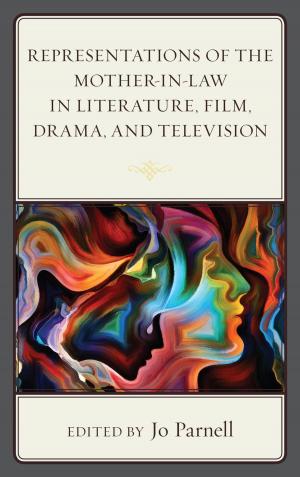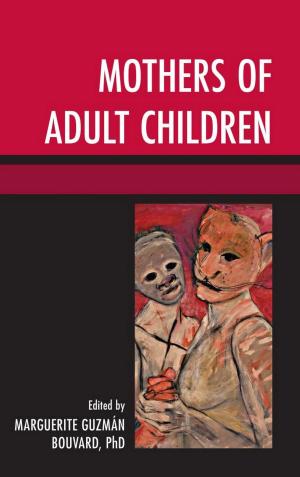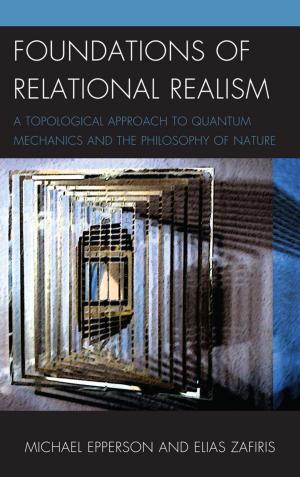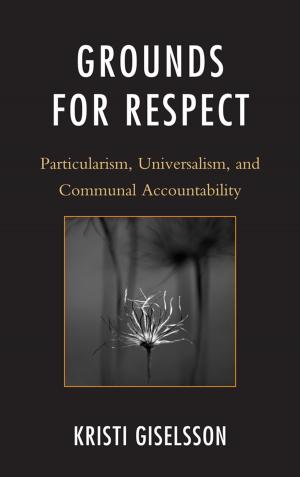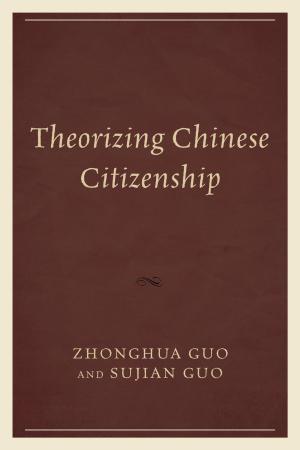Desire in René Girard and Jesus
Nonfiction, Religion & Spirituality, Philosophy, Religious, Bible & Bible Studies| Author: | William L. Newell | ISBN: | 9780739171103 |
| Publisher: | Lexington Books | Publication: | March 22, 2012 |
| Imprint: | Lexington Books | Language: | English |
| Author: | William L. Newell |
| ISBN: | 9780739171103 |
| Publisher: | Lexington Books |
| Publication: | March 22, 2012 |
| Imprint: | Lexington Books |
| Language: | English |
William L. Newell presents a comprehensive analysis of René Girard’s work on the origins of culture and the depths of human desire. Girard makes no claim toward a theory of religion, but he lays the groundwork for a postmodern theory of it. Girard’s desire concerns fallen humanity, those insanely imitating what they lacked, and his use of the Bible brings back into play the idea of the holy in secular academia. Newell challenges Girard’s interpretation of Jesus’s Passion as non-sacrificial and he offers a close reading of Girard’s works on mimetic desire, scape-goating, and sacrifice, and Newell creates breakthrough theology on Jesus in the Excursus. Girard makes no claim to having a theory of religion, but he lays the groundwork for a postmodern theory of it, and in this book, Newell seeks to begin a theory of “the end of the sacred” and what will be in its place: the holy.
William L. Newell presents a comprehensive analysis of René Girard’s work on the origins of culture and the depths of human desire. Girard makes no claim toward a theory of religion, but he lays the groundwork for a postmodern theory of it. Girard’s desire concerns fallen humanity, those insanely imitating what they lacked, and his use of the Bible brings back into play the idea of the holy in secular academia. Newell challenges Girard’s interpretation of Jesus’s Passion as non-sacrificial and he offers a close reading of Girard’s works on mimetic desire, scape-goating, and sacrifice, and Newell creates breakthrough theology on Jesus in the Excursus. Girard makes no claim to having a theory of religion, but he lays the groundwork for a postmodern theory of it, and in this book, Newell seeks to begin a theory of “the end of the sacred” and what will be in its place: the holy.
